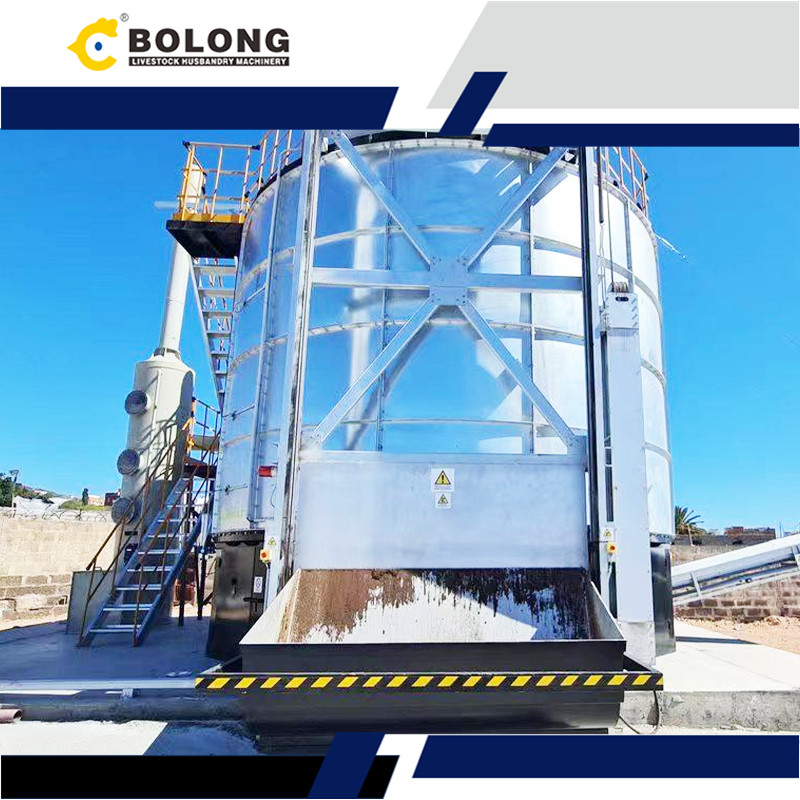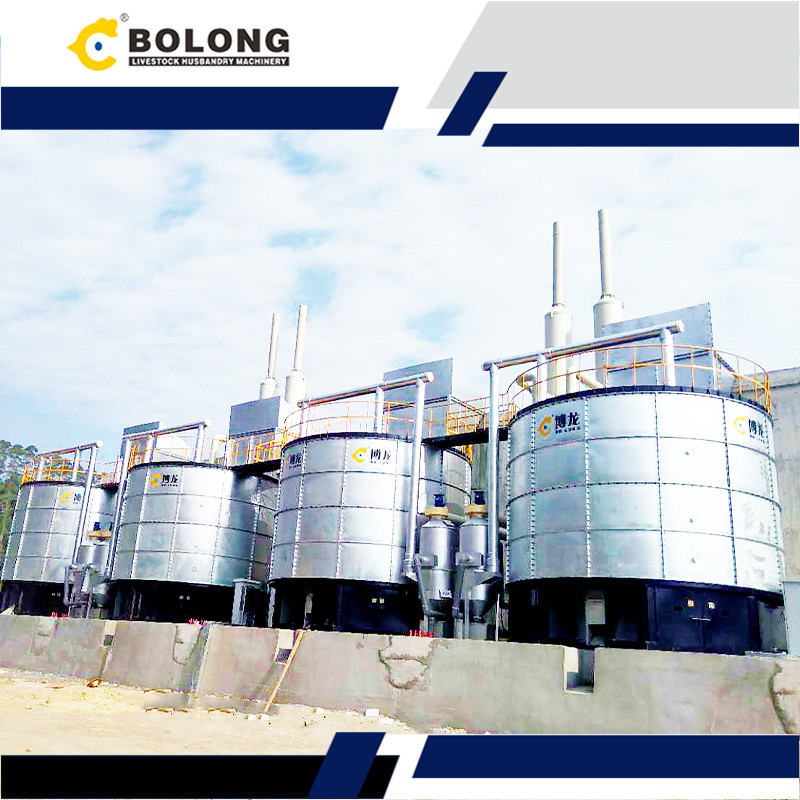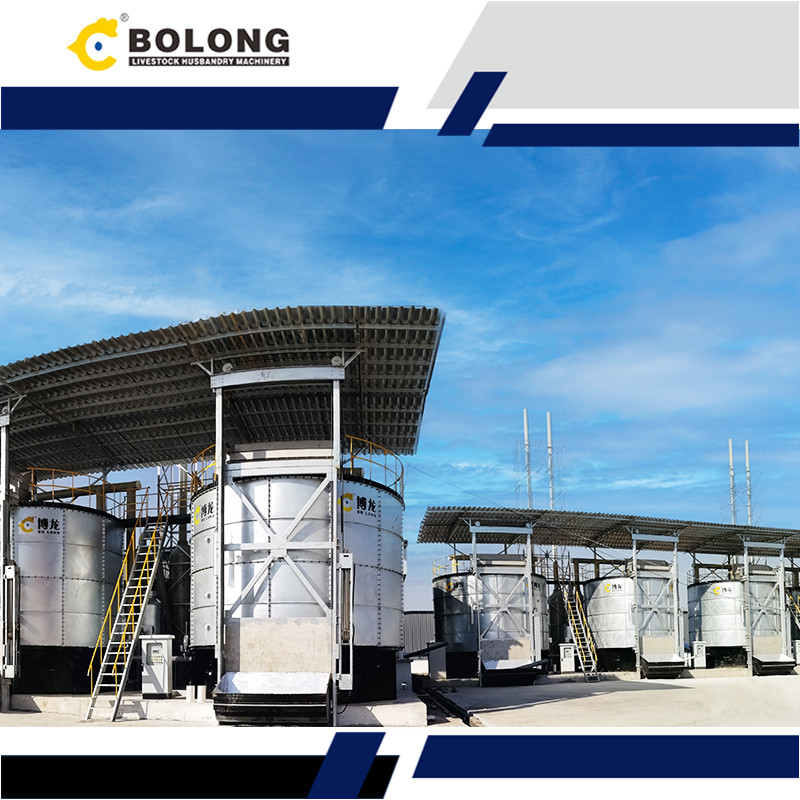With the advancement of sustainable development in the agricultural field, the demand for organic fertilizers in the market has further expanded. As the core equipment in the production process of organic fertilizers, commercial composting machines have always attracted the attention of farmers. In this article, I will discuss with you the cost and economic benefits of organic fertilizer composting machines with odor-free technology, hoping to provide you with some reference value.
The purchase cost of organic fertilizer production line equipment is the most important part of the input cost. Depending on the grade, brand and production capacity of the composting machine with odor-free technology, the price of the equipment varies greatly. Generally, the initial investment of the production line can range from tens of thousands to hundreds of thousands. When purchasing equipment, enterprises should comprehensively consider production needs and the cost-effectiveness of equipment to avoid blindly pursuing low prices and affecting production results.
Operating costs mainly include raw material procurement costs, labor costs, energy consumption and maintenance costs. Qualified raw materials are crucial to the quality of organic fertilizers, so it is important to choose suppliers with good reputation when purchasing. In addition, labor costs cannot be ignored. When the degree of equipment automation is high, labor costs may be reduced, but the salary of technicians still needs to be considered. At the same time, the production of organic fertilizers by composting machines for sustainable farming requires the consumption of electricity, water and other energy sources, and the control of operating costs is crucial to the optimization of the input-output ratio.
With the continuous advancement of environmental protection policies, enterprises also need to consider the investment in environmental protection equipment during the treatment of composting machines, such as waste gas treatment and wastewater treatment. Although these environmental protection measures will increase the initial investment, with the country’s emphasis on environmental protection, the policy support given and the potential risk avoidance in the future, these investments are particularly important.
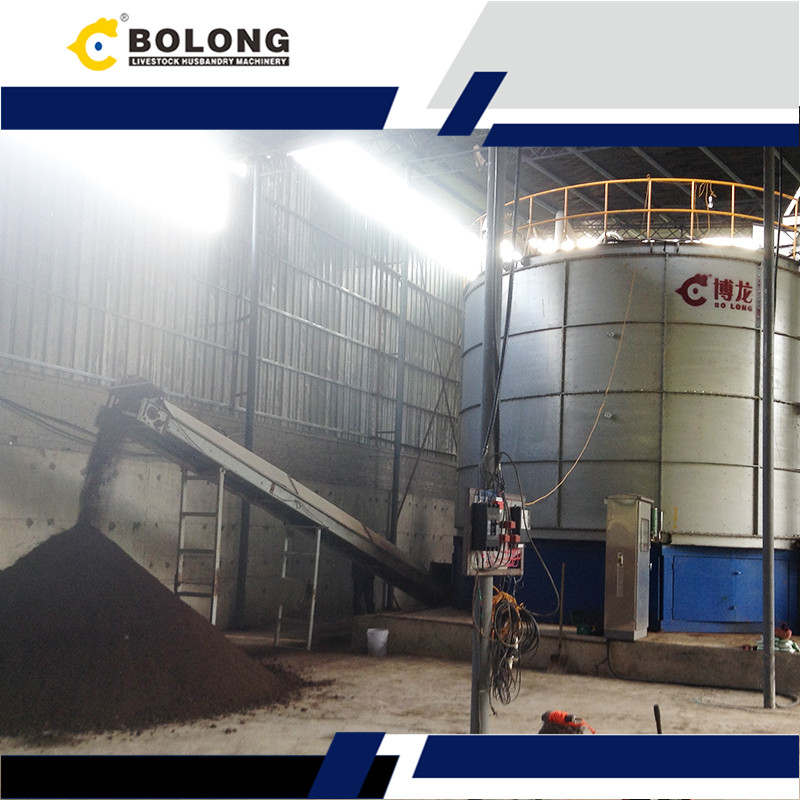
Organic fertilizer composting machines for sustainable farming can realize the resource utilization of waste in farms, and convert livestock and poultry manure and livestock and poultry carcasses that pollute the environment into organic fertilizers. While realizing the recycling of resources, the economic benefits are significantly improved.
With the advancement of environmental protection, the market demand for organic fertilizer products is strong, and its price is relatively stable and has a high market recognition. Organic fertilizer composting machines with automatic control can bring a higher income to farmers.
On the other hand, the composting machine with automatic control converts waste into organic fertilizer, meets the requirements of relevant environmental protection policies, avoids the generation of fines, and if applied to farmland, it can effectively improve the quality and yield of crops, and effectively convert environmental benefits into economic benefits.
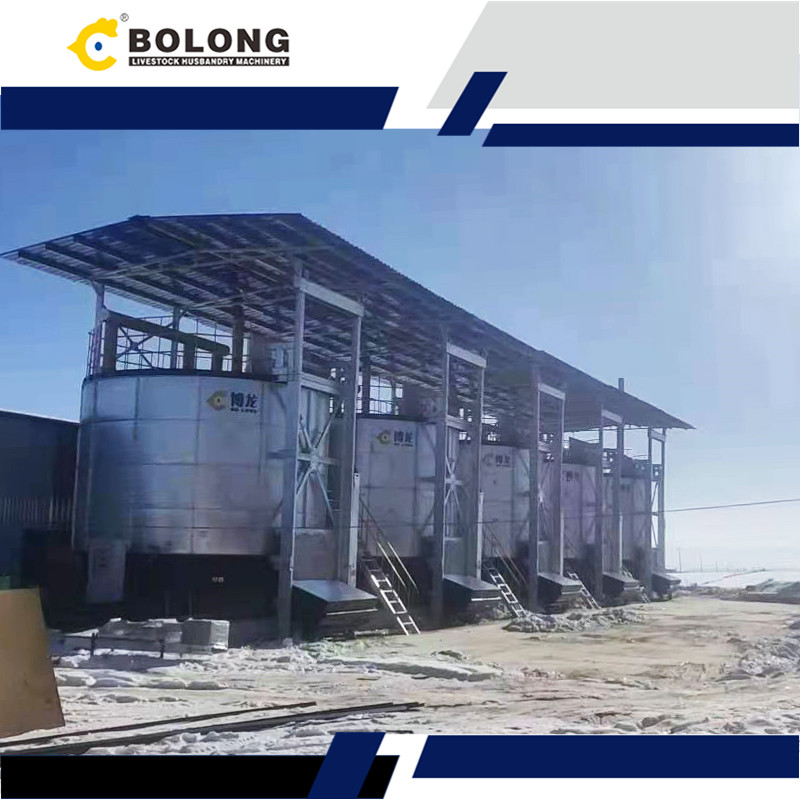
After a Vietnamese enterprise introduced five Bolong organic fertilizer composting machines with fast decomposition at one time, it effectively improved production efficiency and reduced labor costs, and achieved significant revenue growth within one year.
After installing organic fertilizer composting machines, a Russian farm converted livestock and poultry manure and crop straw into high-quality organic fertilizer, which not only reduced the cost of waste treatment, but also increased a considerable income for nearby farmers by selling excess organic fertilizer. Subsequently, the farm expanded its equipment, further improved its production capacity, and formed a stable profit model.
The Vietnamese cooperative jointly purchased Bolong organic fertilizer composting machines with many farmers, and achieved large-scale production by centrally processing agricultural waste from each farmer. The cooperative produces a large amount of organic fertilizer every year and directly supplies it to local farmers and regional dealers, which not only ensures its own profitability, but also drives regional economic development, and farmers also gain additional income.
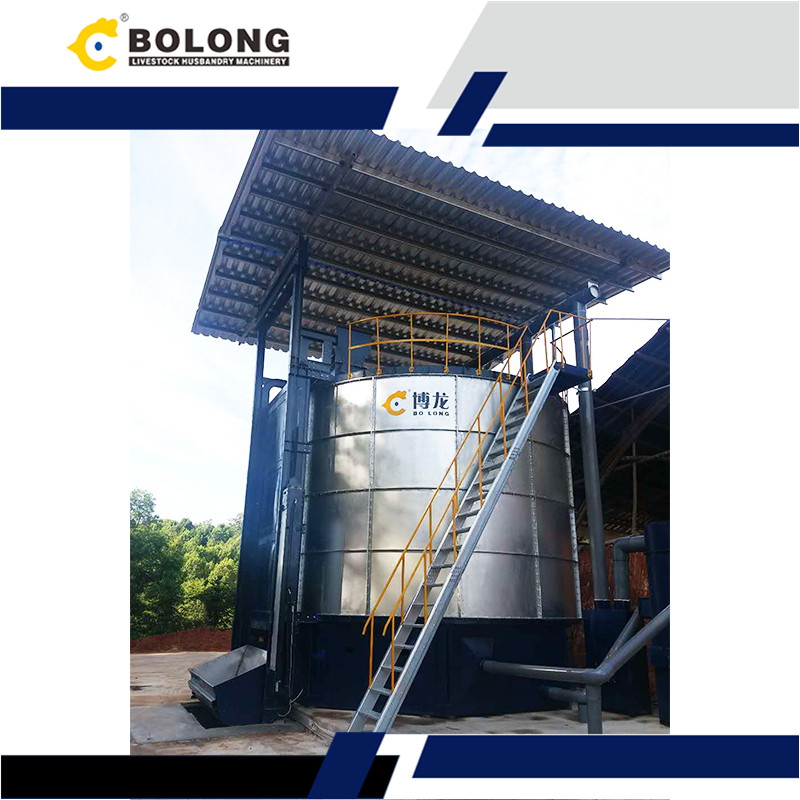
In general, the introduction of composting machines for organic waste does require a certain amount of cost, but it can provide users with considerable economic benefits in many aspects during operation, and is an ideal choice for treating livestock and poultry waste! If you have any questions about the composting machine for organic waste, please feel free to contact Bolong, we have a professional technical team at your service at any time!
